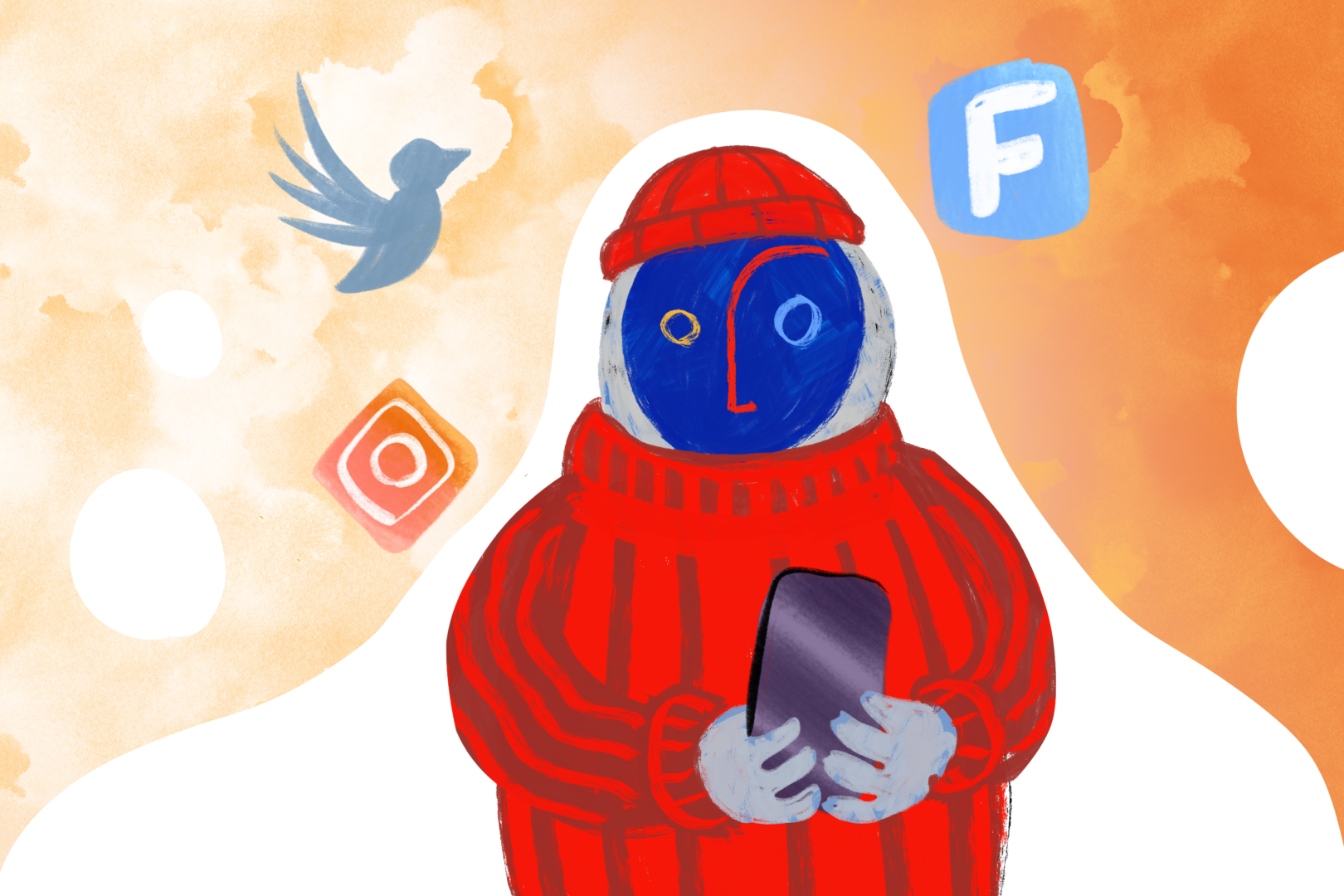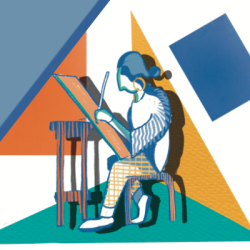Exploring Artistic Horizons: TPH's Inaugural Digital Art Session

You're ONE of 210 million social media junkies!
By: Martina B. William
We lay down every day, spending our precious time scrolling through our feeds, not thinking too much of it, but do you know what social media has in store for us? It will be the death of us! Actually, not that extreme. But we will suffer from its consequences (a lot!). As a social media user myself, I have been observing the effects of excessive social media usage on people's lives, generally among people of Kurdistan and particularly among my family. Social media has indeed revolutionized the way we interact with each other, giving us the ability to connect with people from all over the world, share our opinions, and experiences, and stay informed about the latest news and trends. but it has also brought along several negative consequences, one of which is addiction!
What we have is called "social media addiction" It may seem like a new problem but it is not. It has been around for years and is becoming a growing problem that is affecting millions of people worldwide. People are spending countless hours scrolling through their feeds, posting updates, and checking notifications, which can lead to several problems such as lack of sleep, poor academic or work performance, and weak relationships.
The most notable issue with social media addiction is its ability to trigger that part of our brain that releases dopamine, a chemical that is associated with pleasure. Every time we receive a like, a comment, or a share, our brain releases dopamine, which gives us a sense of pleasure and satisfaction. This, my friend, in return, encourages us to keep using social media in search of more dopamine hits, and the cycle keeps on repeating.
Furthermore, recent studies have shown that the excessive use of social media is the main reason for depression, anxiety, and other mental health issues. That is because social media platforms are designed to keep us engaged and coming back for more, by using algorithms to show us content that is designed for our interests. This means, we give them the chance to create addictive content specified for us, while we (blindly) fall straight into that trap.
Therefore, I came across some primary steps to we can regain control over our lives by reducing social media usage and breaking free from that addiction: One approach is to set boundaries for social media, such as limiting the time spent on social media each day, turning off notifications, and finding alternative activities to replace social media use such as taking a walk, reading a book, or even drawing.
The other method is building a healthier relationship with social media to break social media addiction, by following accounts that promote positivity and mental health wellness and engaging with social media more mindfully.
In conclusion, it may be true that social media has transformed the way we communicate with each other, but it is essential to be aware of its potential for addiction. By taking the necessary steps to protect one's mental health and well-being. Therefore, I urge people to be cautious of the negative effects of social media to protect their mental health. In other
words, If we want to waste our lives, scrolling through social media, without a goal, let it be. But we can't come back (crying) after getting numerous back and head problems!
